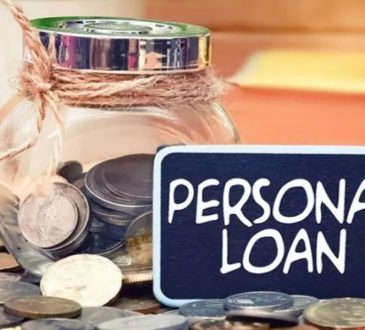
Have you ever heard the expression “house rich, cash poor?” It means that you might have a fair amount of equity, but it’s all locked up in the value of your house. Meanwhile, your cash reserves are low, making it difficult for you to pay your bills or manage everyday expenses.
If your assets are locked up on in the equity of your home, you have a few options. One is to sell your home and buy something cheaper.
Another option for some people is to apply for a reverse mortgage. A reverse mortgage lets you borrow against your home’s equity. Instead of you paying a lender each month, the lender pays you. Learn more about reverse mortgages and reverse mortgage purchase loans and find out if it’s a good pick for you.
Who Qualifies for a Reverse Mortgage?
Reverse mortgages aren’t for everyone. Instead, they are specifically designed for people over age 62. To qualify for a reverse mortgage, you need to either own your home outright or have enough equity built up in it that you can borrow against.
What are the Perks of a Reverse Mortgage?
At this point, you might be thinking that a reverse mortgage sounds a lot like your typical home equity loan or a standard refinance. One of the major differences between a reverse mortgage and a home equity loan is that you don’t have to make payments on a reverse mortgage right away. The mortgage doesn’t come due until you sell your home or until the last person named on the mortgage dies.
Another difference between a reverse mortgage and a home equity loan are the income and credit requirements. Usually, if you want to get the best terms on a home equity loan, you need to meet certain income requirements and you need to have a good or excellent credit score. Income and credit requirements are much lower in the case of a reverse mortgage.
What Can You Do With a Reverse Mortgage?
If you’re in retirement or nearing retirement, you can use the funds you receive from a reverse mortgage in a few different ways.
Some people use the money they get to cover the cost of everyday expenses. Others use the money to pay for medical bills or for repairs on their home. Another option is to take out a reverse mortgage purchase loan, also called a Home Equity Conversion Mortgage for purchase.
With a reverse mortgage purchase loan, you use the money from the loan as well as any money from the sale of your previous home to purchase a new house. While living in the new home, you don’t make monthly mortgage payments.
What Else Do You Need to Know About Reverse Mortgages and Reverse Mortgage Purchase Loans?
Reverse mortgages and reverse mortgage purchase loans can be the right option for many people over the age of 62. If you’re concerned about having enough cash flow as you enter retirement and have a considerable amount of assets tied up in the value of your home, a reverse mortgage might be the best option for you.




